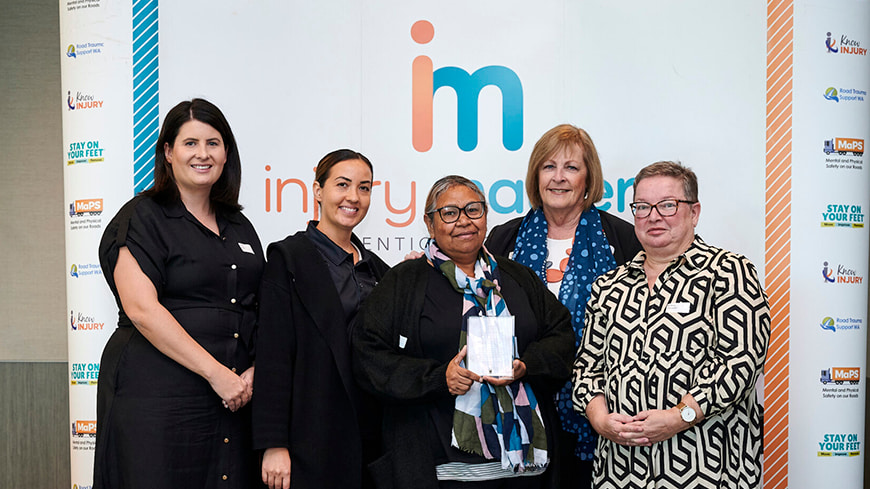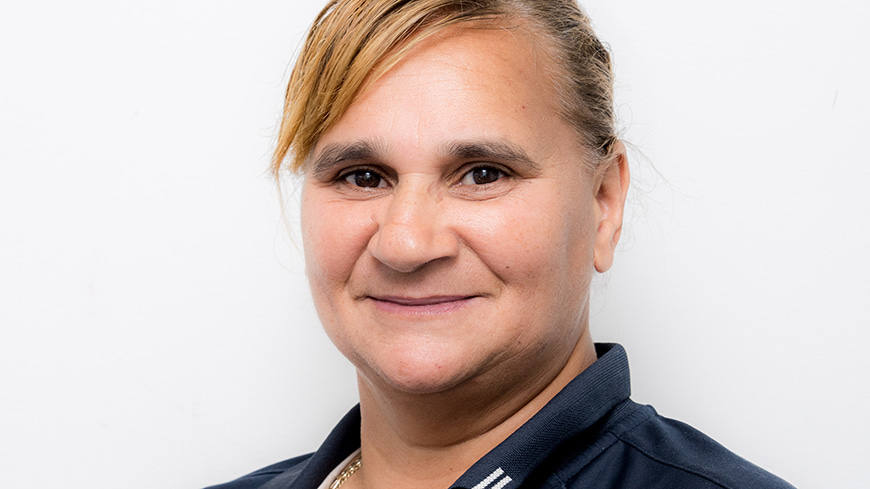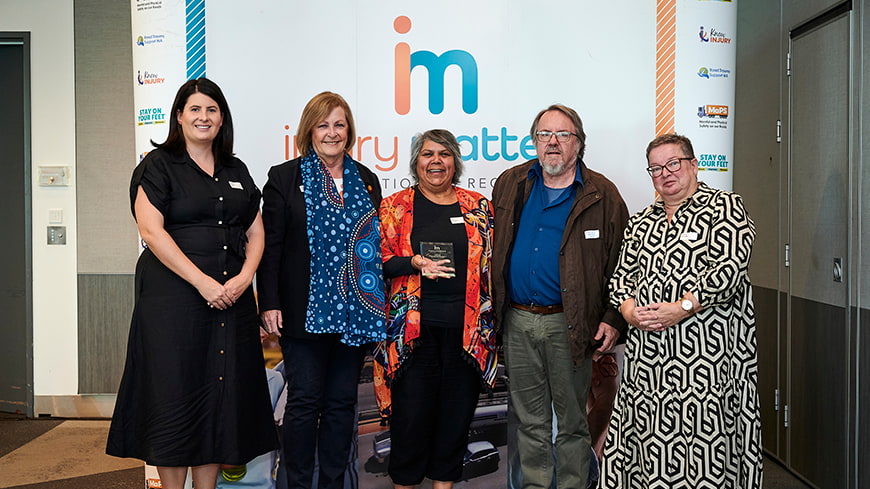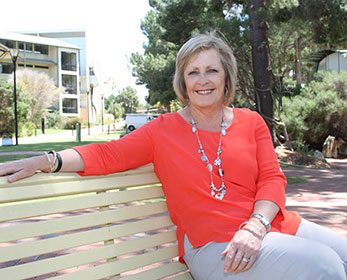Helping Aboriginal and Torres Strait Islander Australians have the best possible chance at recovery following stroke or traumatic brain injury has seen two Edith Cowan University research projects win awards from health and safety organization Injury Matters.
Yarning Circles and Healing Right Way each received a 2023 Injury Safety and Health Promotion award this month at a ceremony at Perth Convention Centre.
Injury Matters acting chief executive Rachel Meade said the biannual awards recognise individuals, organisations and community groups who have made significant contributions towards injury prevention and safety promotion in Western Australia.

"The work of our award winners highlights the importance of collaborative efforts in reducing the incidence and impact of injuries in Western Australia," Ms Meade said.
Yarning Circles is an Australian-first initiative which has established in-community stroke and brain injury support groups run by, and catering to, Aboriginal Australians.
It addresses Aboriginal Australians’ underrepresentation in rehabilitation services by providing a culturally safe space and activities tailored to attendees' needs and wants, including a local Elders group, swap meets, art, dance, music, men’s and women’s days and excursions to culturally significant destinations .
The program has been held in Armadale and Mullewa, run by KM Noongar Consultancy Services director Kerri Colegate and WA Centre for Rural Health Aboriginal facilitator Lenny Papertalk, respectively.

Healing Right Way aims to improve the delivery of rehabilitation services to Aboriginal Australian brain injury survivors.
To help do so, the project saw the creation of Aboriginal Brain Injury Coordinators — the first positions of their kind in Australia — to work with brain injury survivors and their families providing advocacy, education and service liaison during the person’s hospital stay and also after discharge.
Healing Right Way also provides enhanced cultural security training for staff involved in brain injury care at participating hospitals, focusing on providing culturally secure care and rehabilitation to Aboriginal brain injury survivors and their families.
The projects' lead Professor Beth Armstrong said the awards were incredibly meaningful for the large Aboriginal and non-Aboriginal research teams and partners involved, including participants who've helped document their recovery and shared personal stories and recovery journeys.
"We see the awards as not only acknowledging the efforts of the entire research team and participants, but importantly raising the profile of Aboriginal people with brain injury and the need to improve cultural security of rehabilitation and support services," she said.

"Both these projects provide a model of culturally secure care for Aboriginal people after brain injury."
"Currently, accessing support after a brain injury still poses significant challenges for Aboriginal people and their families, with cultural security of services often lacking.
"Many are also from rural and remote areas where rehabilitation services are either scarce or non-existent."
Professor Armstrong said the next step was ensuring the projects had long lasting impact.
"The team is currently working towards turning the Aboriginal Brain Injury Coordinator positions into ongoing established positions within health services in WA and other states," she said.
"Meanwhile, the Perth Yarning Circle group continues to grow and the team is discussing this model of care at several national and international forums.
"Expanding these projects sustainably into rural areas will need further development and will be a focus of future research."
 A pair of ECU research projects have won safety awards.
A pair of ECU research projects have won safety awards.



